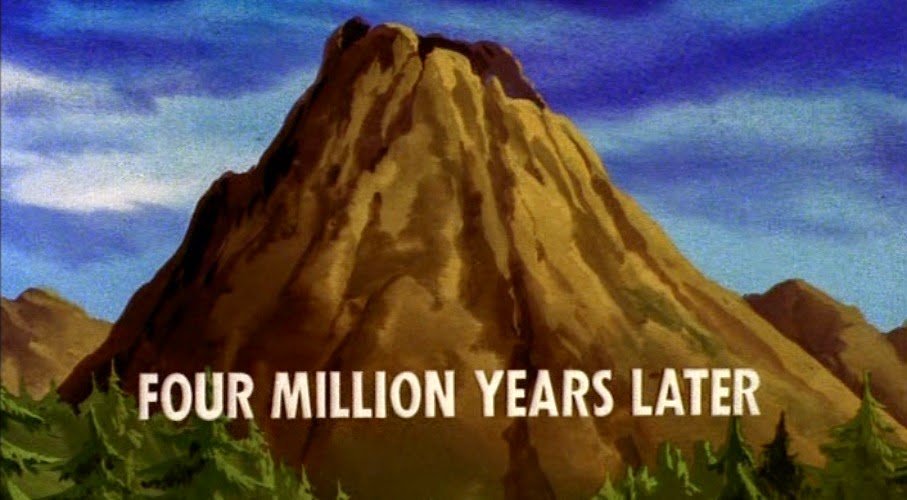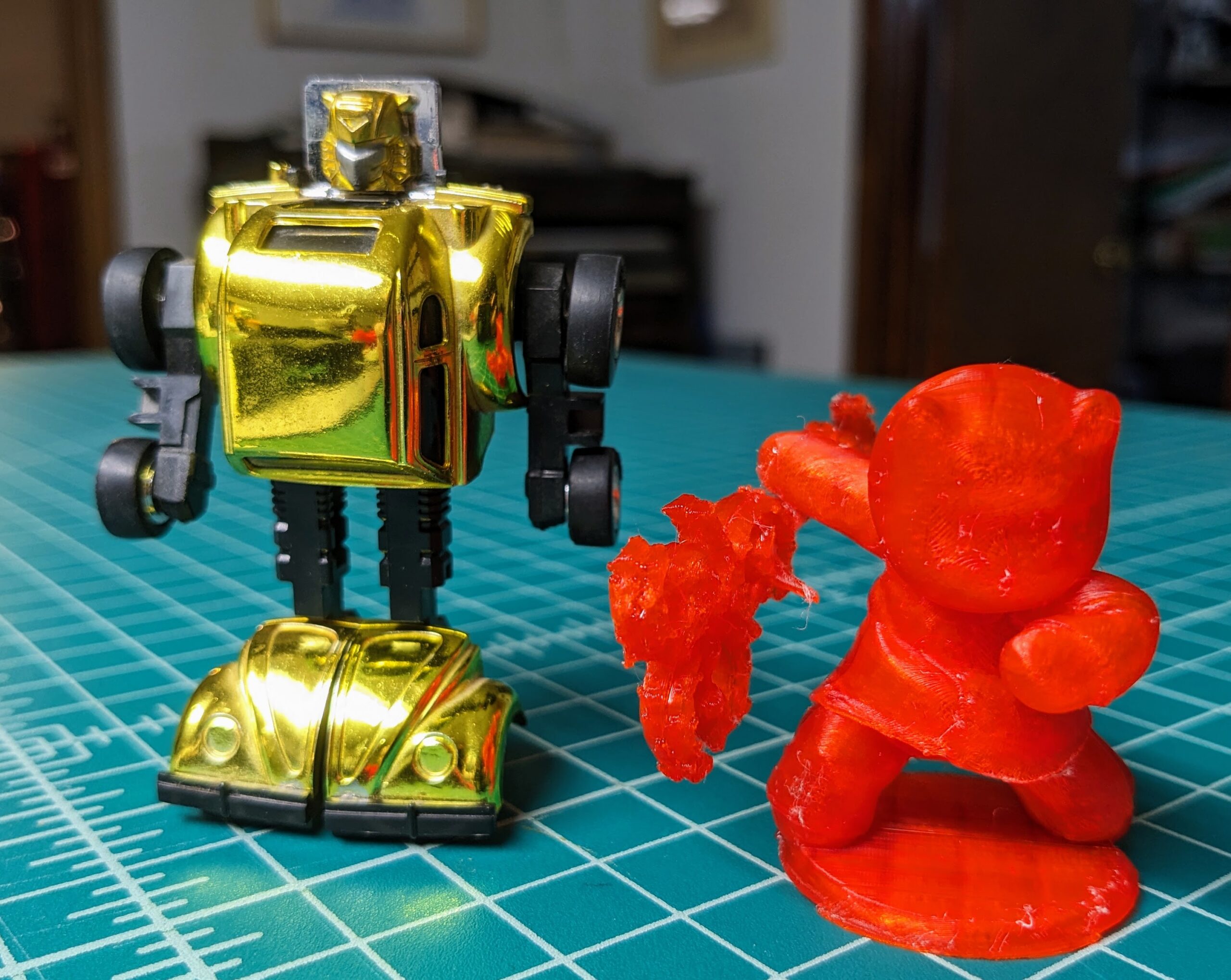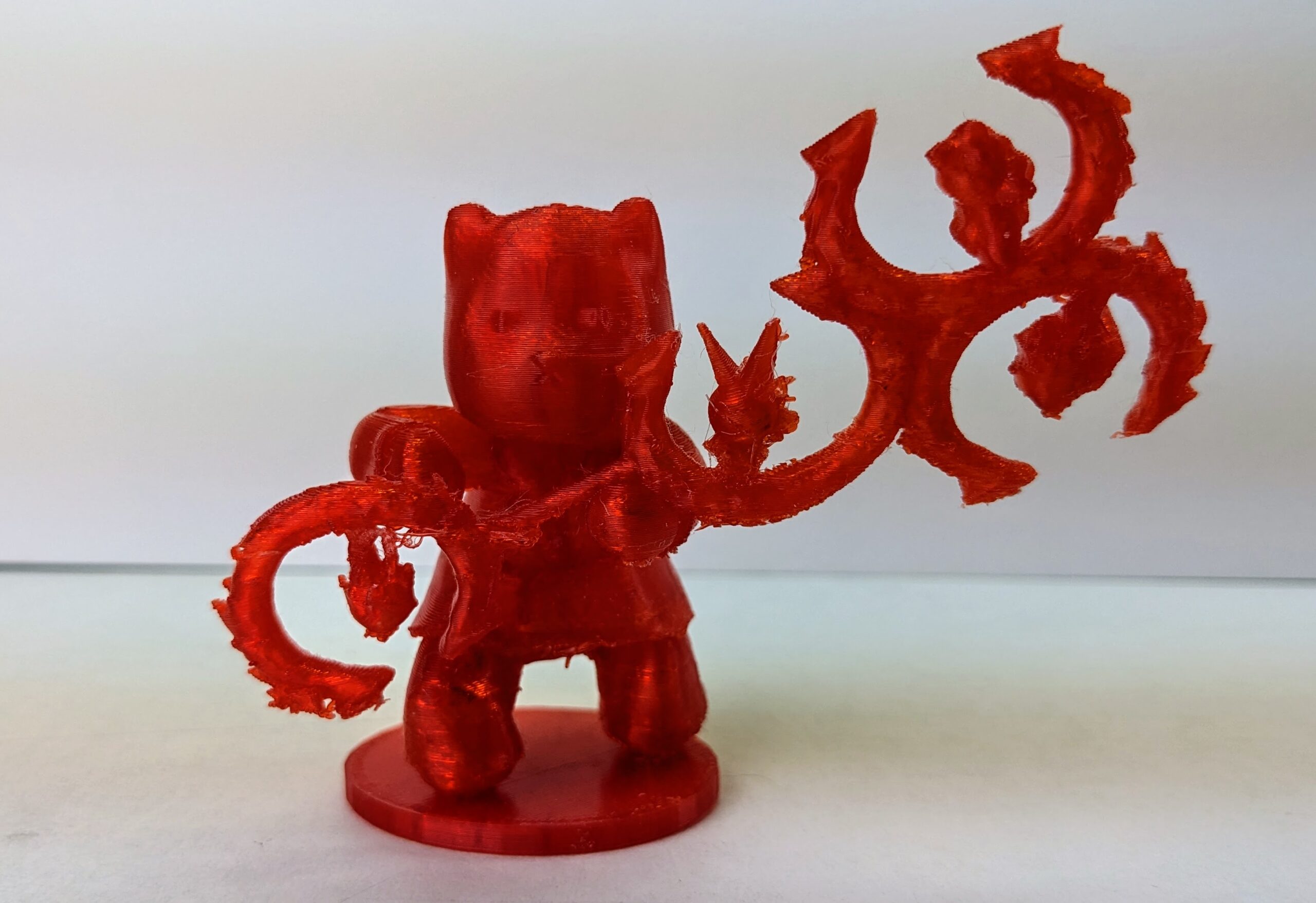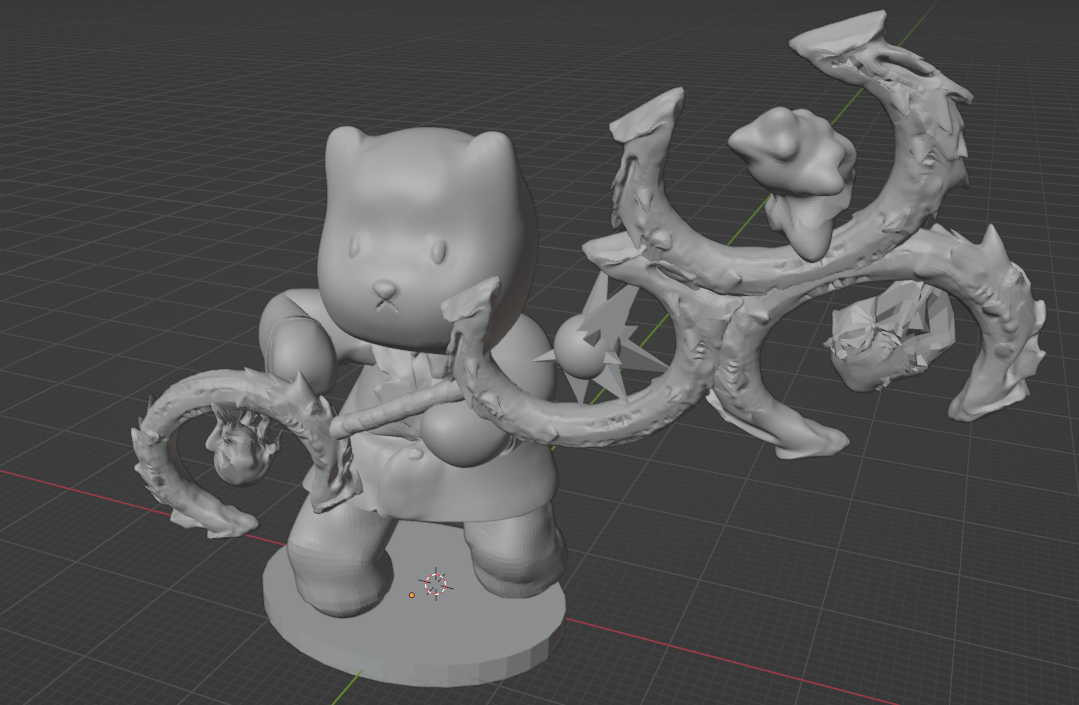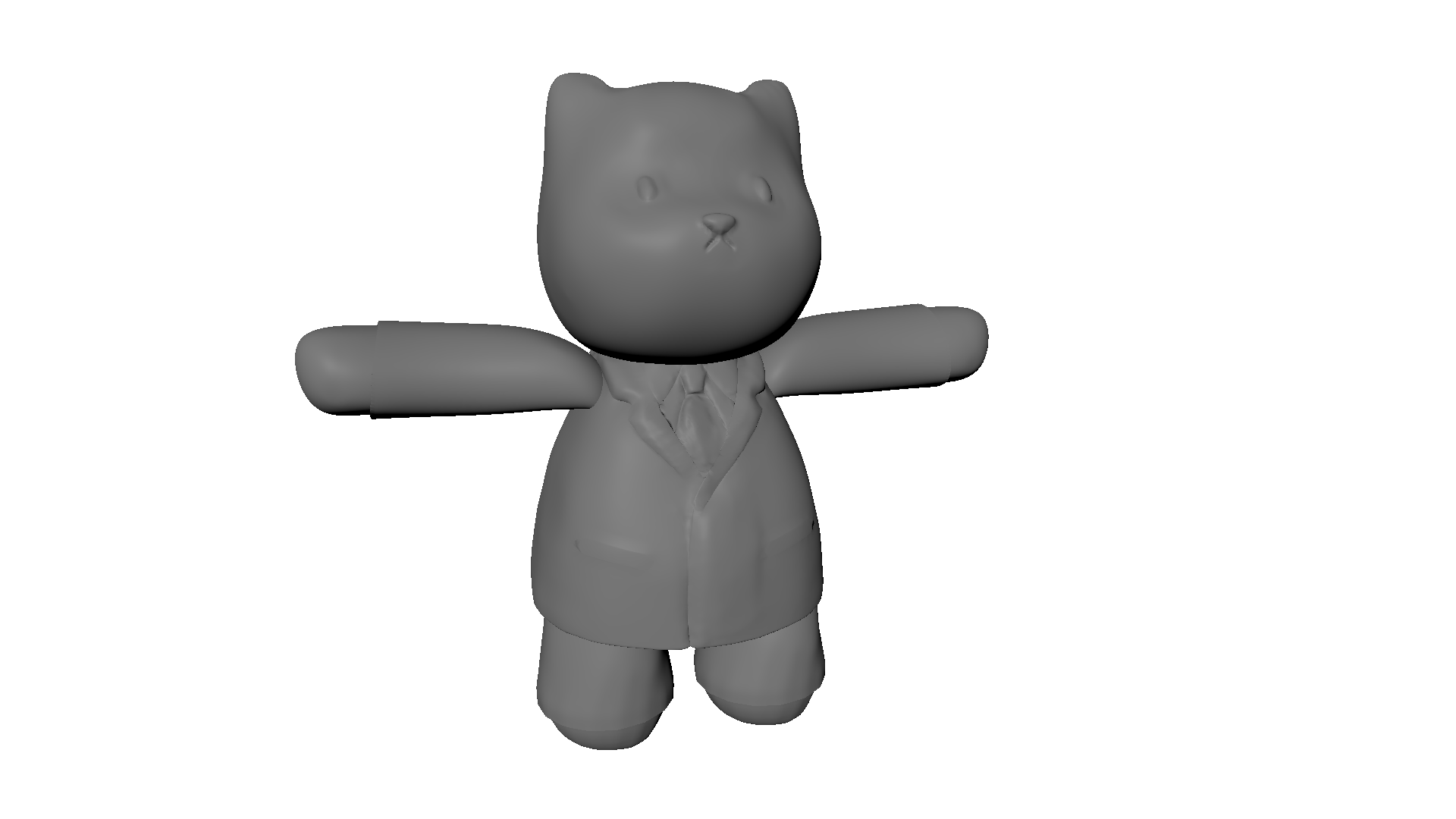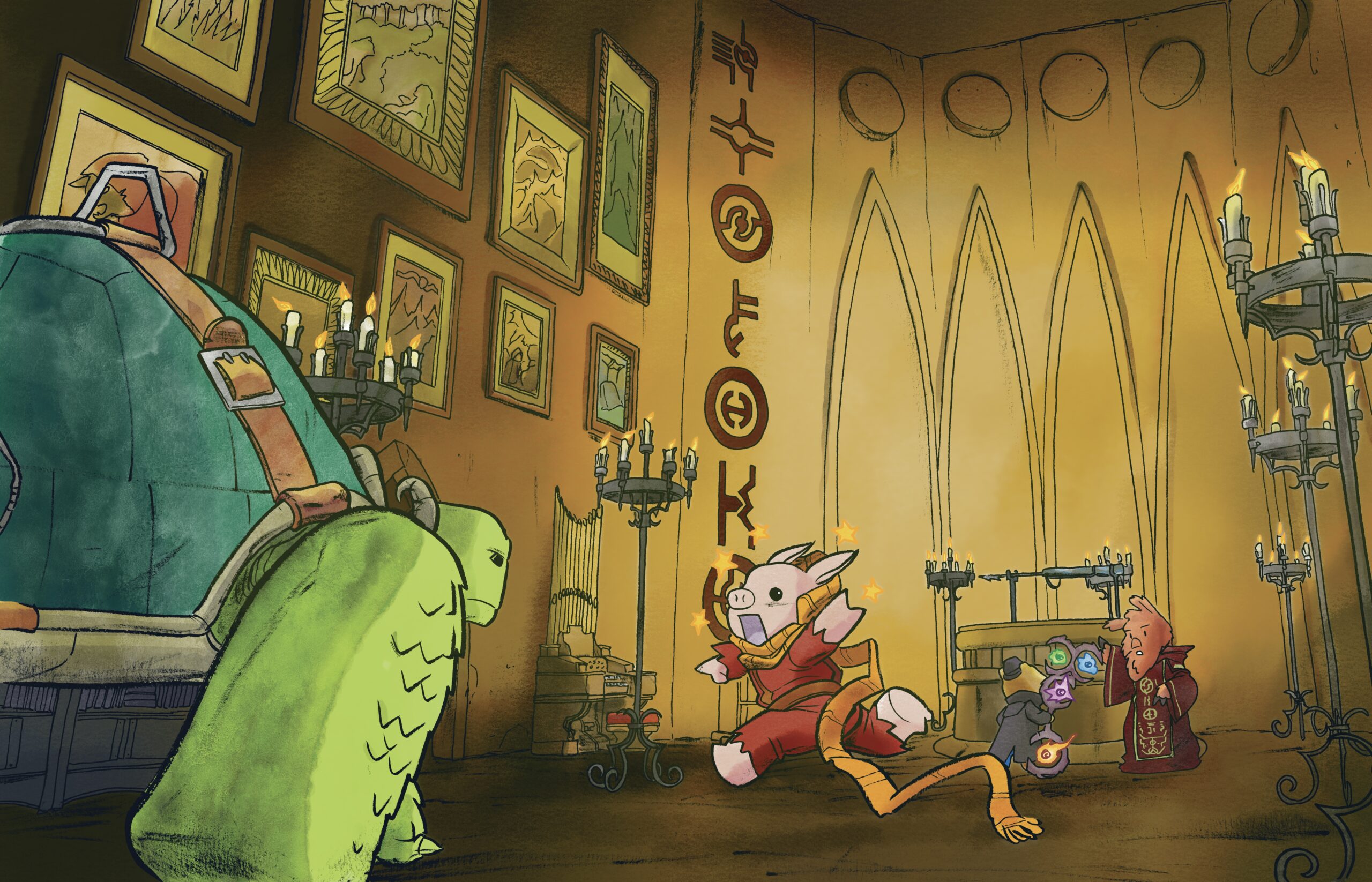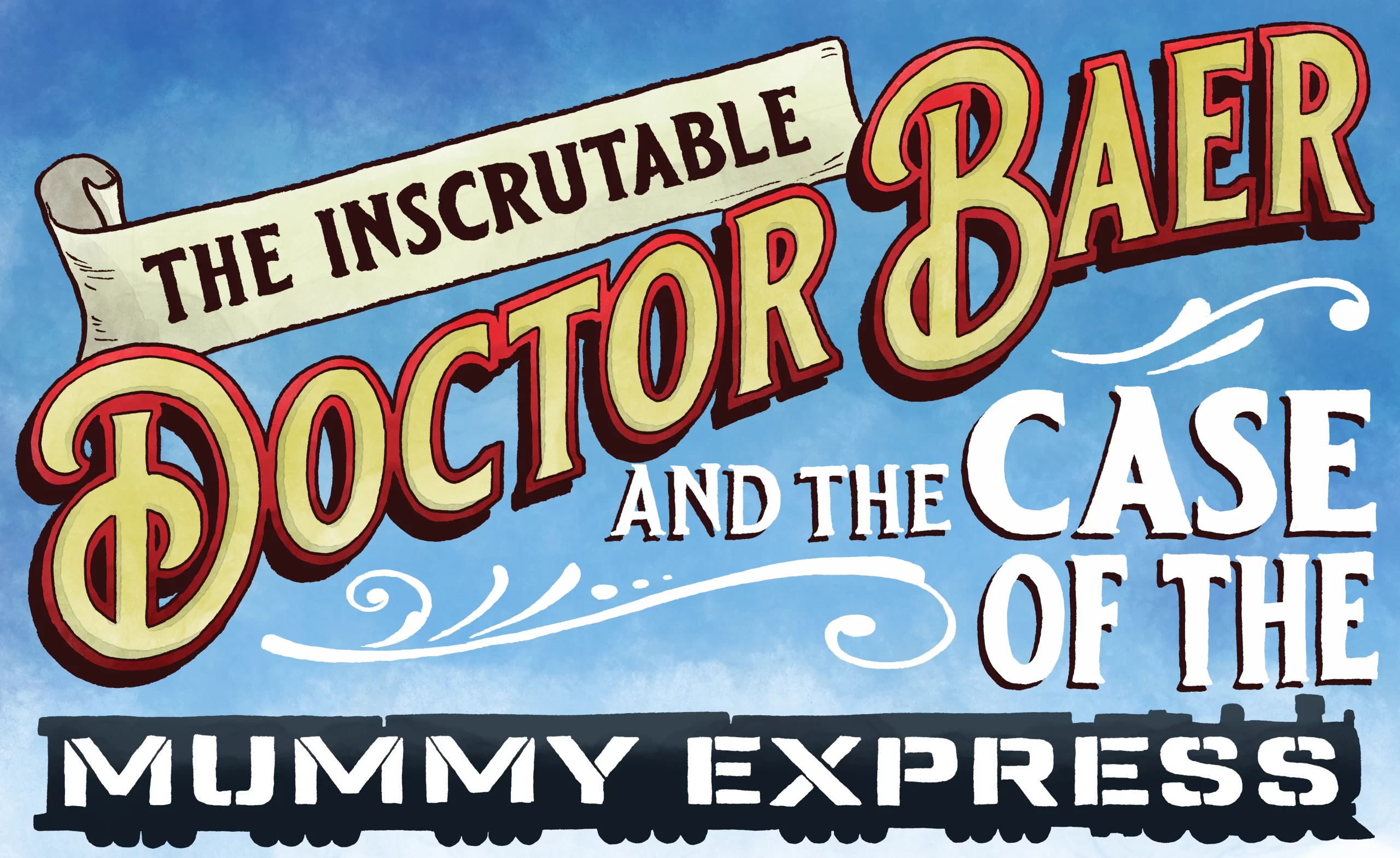When I was a teen my art teachers and guidance counselors recommended I didn’t go to art school. Those schools were for people who make real art, like painting, sculpture, fiber arts, etc. I wanted to be a comics artist,
Read More
Author: Jerzy Drozd
The Heroic Autobots – Four Million Years Later, episode 27.1
A bit of a break from the norm; before the new characters start showing up, we’re taking a minute to discuss the many Autobots we already know, as well as their little squishy friends. Don’t worry, I edited out the
Read More
Doctor Baer Test Figure 2 – More Learning and Growing!
The second model, based on adaptations outlined in my last post, is printed! For review, the changes I wanted to make were: The first two items were pretty straightforward. I opened up the pose, which made it even more dynamic:
Read More
The Core – Four Million Years Later, episode 27
First off, please forgive the audio issues this episode, we were dealing with two separate audio problems teaming up! So THE CORE is not a PRETTY episode, but is it a BAD one?? We found it’s NOT! You might just
Read More
Doctor Baer Test Figure 1 – Finding Fragility
While the first print test of a 3″ tall Doctor Baer figurine came out okay, it’s clear I need to make some adjustments to the design, and level up my slicing software skills. Adjustments I’m making going forward: More adaptation
Read More
Enter the Nightbird – Four Million Years Later, episode 26
Dr. Fujiyama (the famous scientist) has created a female ninja robot, which is definitely NOT an assassin, even though it has nunchucks, throwing stars, and sais! Definitely not!! Megatron MUST HAVE IT, and Starscream gets all kinds of jelly!! Good
Read More
Figurines!
As I said the other day, I’ve been working towards making Doctor Baer figurines using Blender, Forger, and a 3D printer. I managed to put together a decent T-Pose of the Doctor: And a friend of mine, who has been
Read More
Doctor Baer in 3D
Last weekend I blogged about my excitement having made Doctor Baer’s house with my new 3D printer: Which got a friend of mine to point me at the iOS app Forger, an iPad version of Blender. Over the last few
Read More
Day of the Machines – Four Million Years Later, episode 25
Well… Hoover had a lot of issues with this episode. Buuuuut, at least it wasn’t animated by Akom? Thankfully there were SOME redeeming things in here that we were able to call attention to. Still didn’t stop us from talking
Read More
In the Harpoon Chamber
I’m continuing to practice digital watercolors in Procreate while developing ideas for another Doctor Baer book. For those in Team Pickles who have been following along with the process materials for the next book, this is the scene where our
Read More


